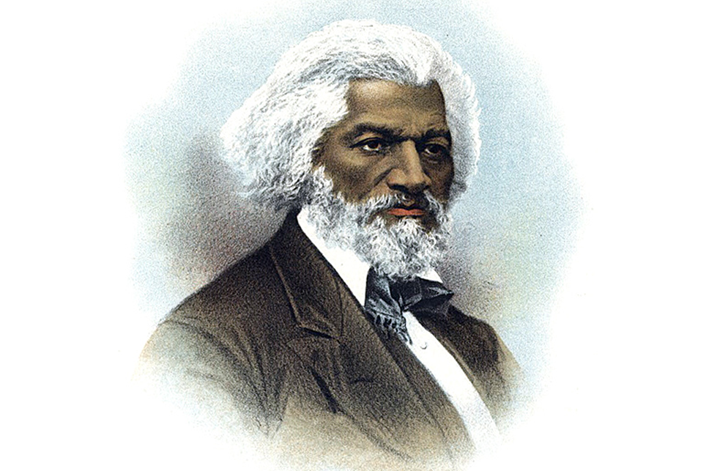Project Description
After Michael Brown:
“I hear what your cousin Big Mike said,” Rachel tells Trayvon, “and you know I like Big Mike, but I’m saying how come it’s so hard for black boys to love black girls then it’s so easy for y’all to lean all up on us when y’all need love and everything else?”
The yellows and greens and browns and blues still ooze but Rachel Jeantel and Trayvon Martin are getting closer to the edge of that subdivision. Trayvon’s cousin, Big Mike is visiting from St. Louis, and all three of them plan on watching the All-Star game tonight.
Even though Rachel and Trayvon are walking side by side, they’re texting each other.
And dying laughing.
Trayvon looks like he’s thinking when a creepy ass cracker approaches. The creepy man’s mouth won’t stop moving, but nothing is coming out. He’s making his finger in the shape of a gun and shooting invisible bullets into the children.
“They always killing somebody’s vibe,” Rachel says.
“That’s what Big Mike said,” Trayvon says. “He said that’s just how they do up in St. Louis.”
“What part of St. Louis is Big Mike from?”
“The north part,” Trayvon says. “A place called Ferguson. You been up there?”
“My Mama and them wanted to move there a few years ago. But she said it real racist up there. She said they look at you like you aren’t you up there, too.”
“More than here?”
“Just like here,” Rachel says. “And I was like why move somewhere that’s just the same as where you from?”
They walk closer to the edge of the subdivision. All these eyes of creepy ass crackers are peering out of their windows. From inside their homes, they’re all making their fingers into make believe guns, and shooting them at the children.
“They always looking, too” Rachel says, “but they can’t see us. They can maybe see you, but they don’t see me at all. These folks are the worst see-ers ever.”
Trayvon is dying laughing.
“What you laughing at?”
“What you just said,” Trayvon says. “Big Mike said the same thing about folks up in St. Louis. They so sure we ain’t shit. But look how they look, and how they be acting. Shooting fake guns. How they think that makes us feel? Over some kids walking home? It’s just so funny to me. Big Mike was right. You were right, too. The worst see-ers ever!”
“Yeah,” Rachel says. “Ever.”
Rachel remembers a quote from this Lucille Clifton poem she learned in Ms. Crump’s class the final quarter of last year. She tells herself she’s going to start her essay for Ms. Crump with this quote: “Come celebrate with me that everyday something has tried to kill me and failed.”
She types the sentence in her phone, and texts it to Trayvon.
“I don’t know,” Trayvon finally says.
“You don’t know what?”
“What you said earlier,” he tells her. “I don’t know why it’s so hard for black boys to love black girls but so easy for us to lean up on y’all for love and everything else. I guess it’s hard for us to love each other, if that matters. Big Mike said something is about to happen, and we gonna love each other so much better after that.”
“It’s hard for us to love us, too, though” she says. “That’s not an excuse. Knowing we pretty much can’t count on y’all makes it harder too. Y’all just do shit to us we wouldn’t do to you. But I guess we working. Whatever Big Mike is talking about, I hope it hurry up and happens soon, but I feel sick.”
“Yeah,” Trayvon tells Rachel. “Big Mike said it’s bad, but we working. And whatever he was talking about is bout to happen soon. Do you trust me?”
Rachel feels Trayvon Martin looking at her. She feels him blinking.
She watches him blink.
“I like that quote you just sent,” he finally says. “I wanna celebrate everyday that something tried to kill us and failed, too.”
“Yeah,” Rachel says. “I hear you. I trust you, Trayvon. Do you trust me?”
Nearly out of the range of eyes that despise and fake fingered guns that go pow, they walk home to Michael where Rachel hopes all three of them will be held, felt, and celebrated for unreasonably loving each other enough to hold on and fight.
Together.
Rachel Jeantel is ready to work on her essay. Inside, something is growing though.
And something is dying. Laughing.
Kiese Laymon is the Author of the forthcoming memoir, A Fat Black Memoir (Scribner 2016), the essay collection/ He also penned How To Slowly Kill Yourself and Others in America and the novel Long Division. Kiese Laymon is an Associate Professor of English and Africana Studies at Vassar College.
This piece was reprinted by EmpathyEducates with permission. We thank the Author, Kiese Laymon for his kindness and for sharing his heartfelt wisdom. We are grateful for what we believe invites a vital reflection. Perhaps, each of us might consider the drama, the “humor,” and a shared desire to “be held, felt, and celebrated for unreasonably loving each other enough to hold on and fight”

